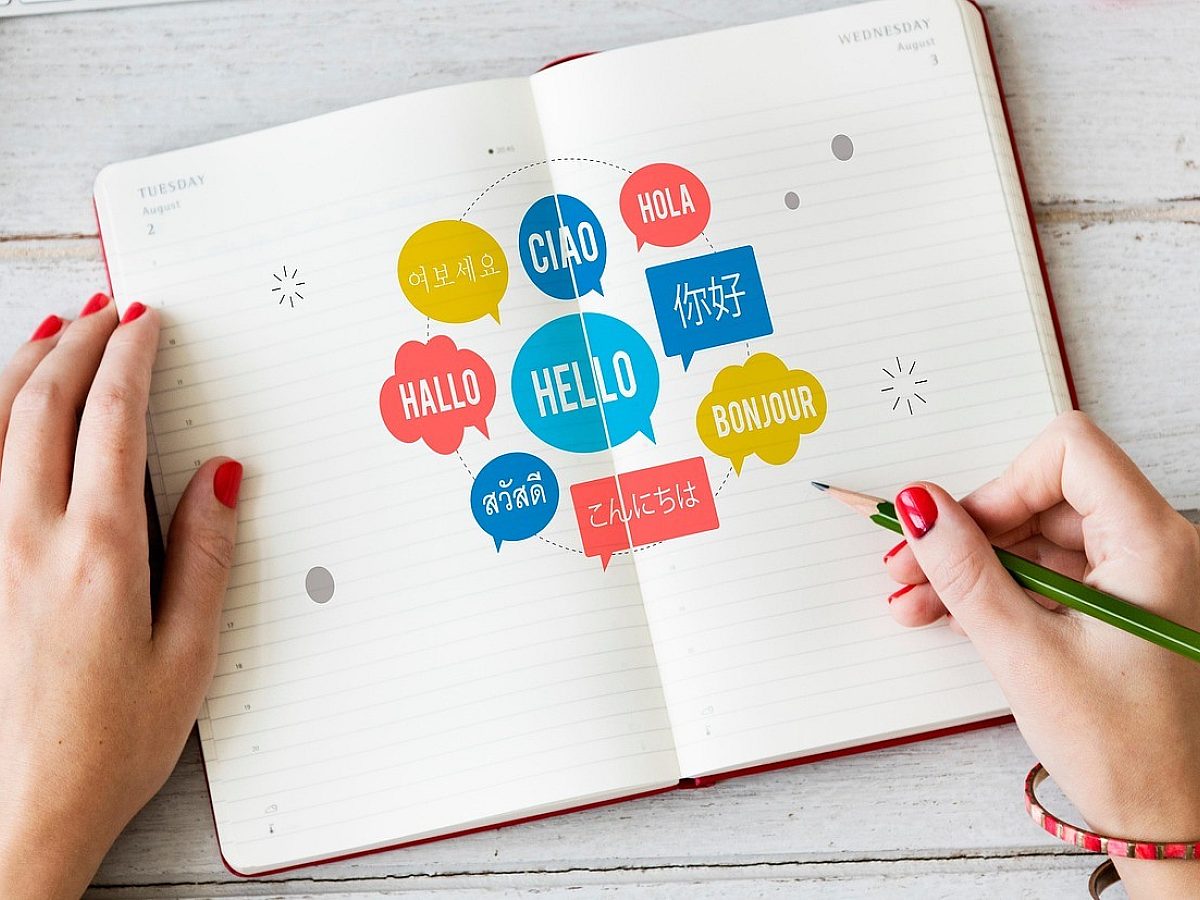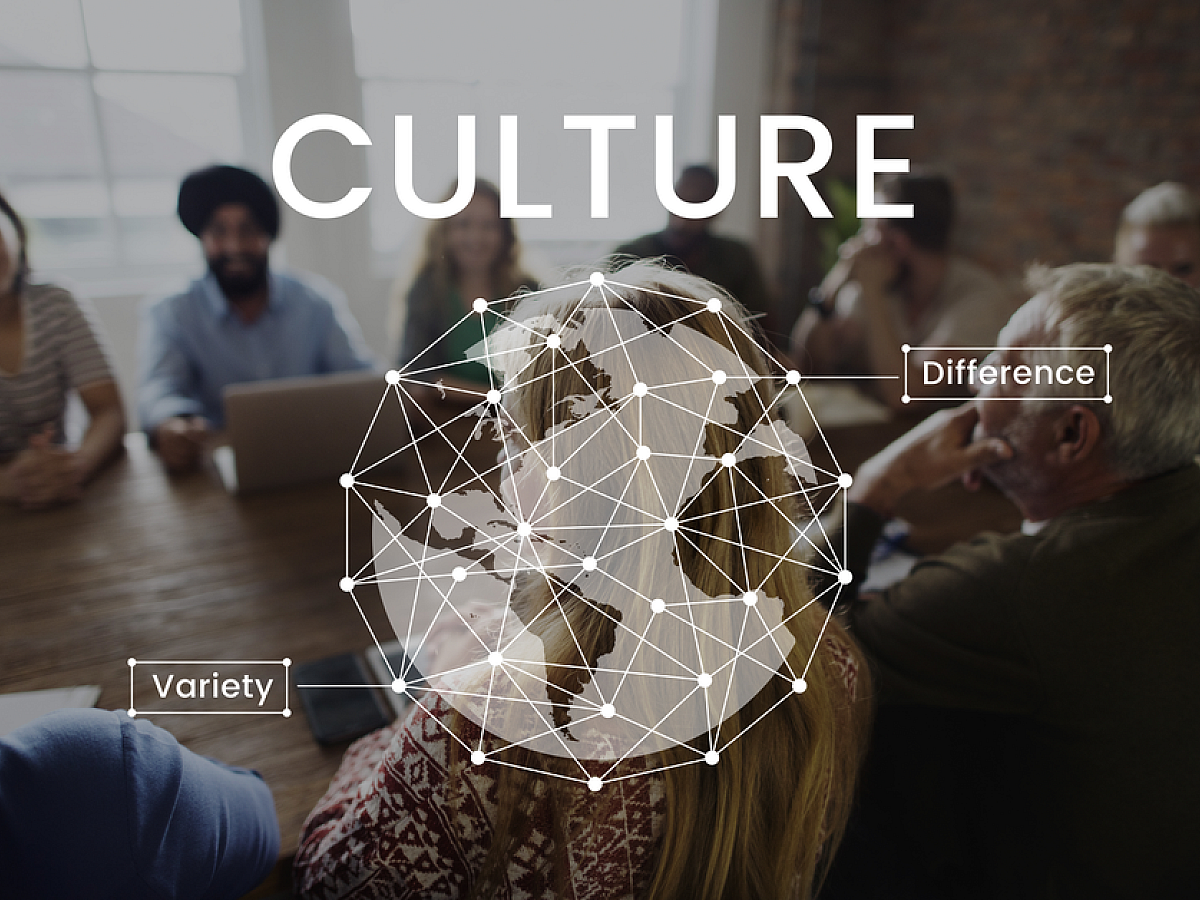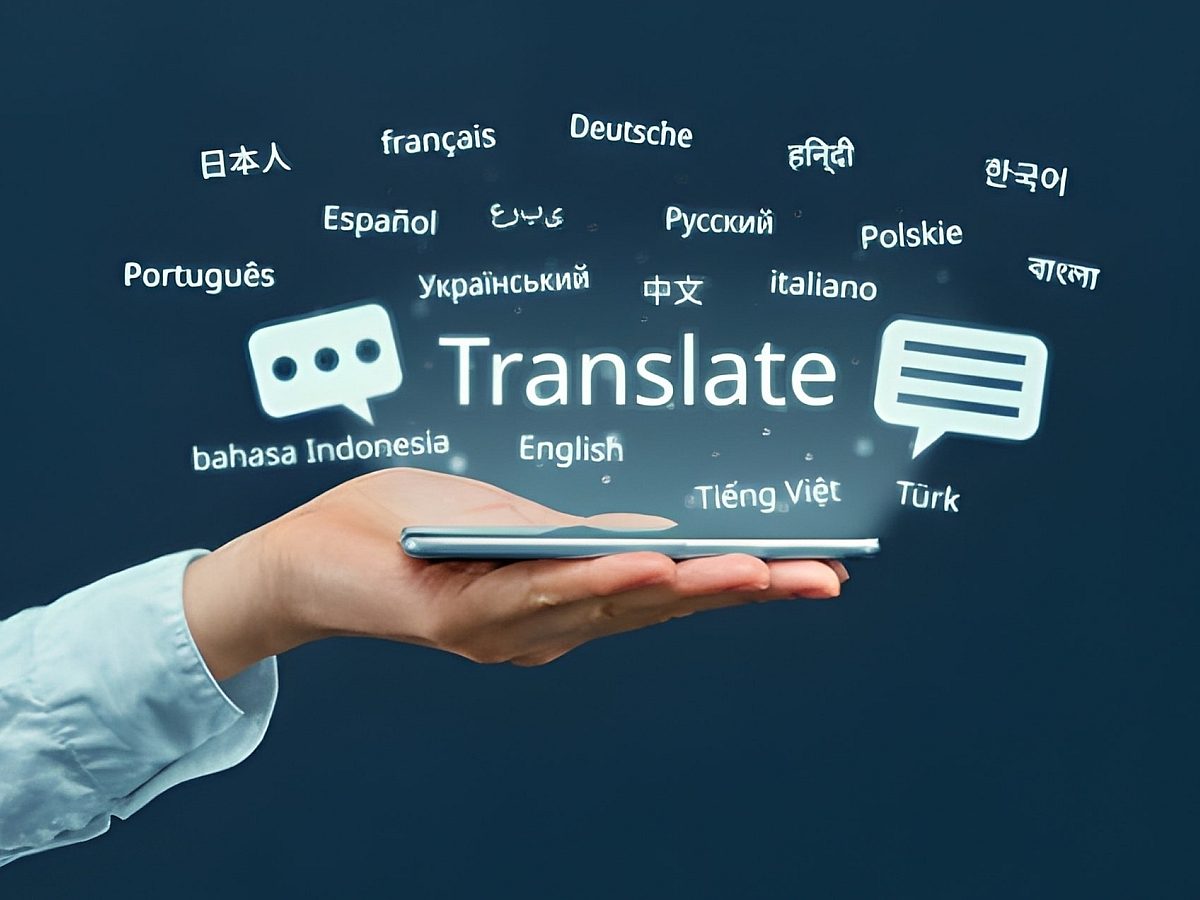Clear and accurate communication is the foundation of reliable results in clinical trials.
From conveying medical procedures to obtaining informed consent, every step relies on participants and researchers understanding each other completely.
When trials extend across language barriers, communication becomes more complex and critical to success. Without language support, the risks are clear: miscommunication, delays, inaccurate data and compromised participant safety.
But there’s another often overlooked risk. Poor communication across languages leads to a lack of diversity among participants. This can result in incomplete data and biased outcomes.
An accurate and diverse clinical trial requires more than medical translation.
Researchers and institutions must be ready to provide a range of language solutions to facilitate communication, including localization, interpreting and subtitles for video materials, to name just a few.
This is where Wolfestone Group comes in. With nearly two decades of experience supporting healthcare and life sciences organizations, we specialize in bridging language gaps to enable successful clinical trials.
Below, our experts break down the various roles language support plays in global clinical trials, highlighting the impact they have on participant diversity and trial success.
Essential Language Solutions for Clinical Trial
Language support for clinical trials includes a range of specialized services.
Researchers must be ready to employ multiple solutions to facilitate communication between colleagues and patients across borders and cultures.
Translation
Translation is the first and most obvious step in language support for clinical trials.
It’s necessary to translate essential documents, including informed consent forms, study protocols, patient diaries, regulatory filings and more.
It’s important to employ only professional clinical translators with expertise in medical terminology and regulatory standards. This will help avoid errors and confidentiality issues.
Localization
Localization goes beyond translation to adapt materials for cultural and regional nuances.
For example, a patient-facing app may require adjustments in design and tone to ensure participants across regions feel comfortable using it. This is particularly vital in decentralized clinical trials (DCTs), where tools such as apps, recruitment materials, or educational videos must resonate with diverse audiences.
Racial and ethnic minorities are often misrepresented in clinical trials in the United States. However, localization has helped increase participation among Black and Latino patients.
Adapting content for cultural sensitivities can make a real difference in participant diversity.
Interpreting
Interpreting services improve real-time communication during clinical trials, such as patient interviews, medical assessments and regulatory meetings. These services are growing in importance as remote trials become more common.
You may think that a translation app is just as effective, but that isn’t the case.
Professional interpreters are responsible for conveying the words but also the tone and intent. Speaking to a real human fosters participant trust and reduces anxiety.
In a recent study of in-person clinical trial participant attrition, poor communication was the #1 reason for stopping participation.
Hispanic and Asian subgroups were more likely to drop out than white participants. Medical interpreting services could likely have improved the efficacy of these trials.
Subtitling and Voice Overs
Multimedia plays a central role in participant education and recruitment for clinical trials, especially in remote trials. Subtitling and voice-overs (dubbing) have become essential services.
Subtitles are important for translation, but they go beyond that. Many participants may view materials on their mobile devices while in public, making subtitles a factor in convenience and confidentiality.
Voice overs are also important, especially when communicating in areas with low literacy or in regions where subtitles are not popular (such as Italy).
Accurate subtitles and voice overs make it easier for participants to follow instructions, reducing errors and improving trial outcomes.
Transcription
Transcription services create verbatim records of spoken communications during clinical trials. These include interviews, focus groups and teleconsultations. Accurate transcription preserves the integrity of data collected during the trial.
Transcription is also important for compliance. Transcribed regulatory discussions provide a clear record for compliance audits or future reference.
Professional transcription ensures that these records are error-free, secure and formatted in a way that meets regulatory and institutional requirements.
Language Support Improves Clinical Trial Diversity
In 2020, the FDA approved 53 new drugs. The trial population was 73% white.
This lack of diversity is becoming increasingly problematic, and language and communication problems are cited as one of the major causes behind these issues.
Diversity in clinical trials is a regulatory and ethical necessity. Diversity improves data and patient outcomes.
It also helps more life-saving medications reach the market. Future drugs may not be approved due to a lack of diversity in trials, as suggested by the FDA issuing new guidelines for enlisting underrepresented racial and ethnic populations for clinical trials.
Language barriers exclude non-native speakers from participating in national trials and impede the progress of global trials.
By offering multilingual materials and interpreting services, trials can include participants from underrepresented populations and diverse global communities. This ensures data reflects real-world efficacy across demographics.
More Benefits of Language Support in Clinical Trials
Promoting diversity and participant retention may be the most urgent benefits of language support for clinical trials. However, there are many other reasons to invest in comprehensive clinical trial language solutions.
A few more include:
● Enhanced Data Accuracy: Clear communication minimizes errors in data collection, contributing to reliable results.
● Regulatory Compliance: Adhering to language requirements set by the FDA, EMA and other authorities ensures trials meet international standards.
● Ethical Standards: Informed consent in a participant’s native language upholds ethical principles and builds trust.
● Faster Time to Market: Efficient communication reduces delays, expediting the trial process and potentially bringing treatments to patients sooner.
Wolfestone Group: Specialists in Language Support for Clinical Trials
The complexities of clinical trials demand an experienced partner. Wolfestone Group has spent the past two decades working with global researchers to enhance communication during clinical trials.
When working with an agency, you benefit from the speed and accuracy of an experienced team of linguists. Wolfestone Group offers comprehensive linguistic services in 200+ language pairs. From translation and localization to interpreting and subtitling, our services are customized to support each stage of the clinical trial process.
At Wolfestone Group, our specialized medical translators have at least 5 years of experience in clinical trial work.
We understand the need for compliance and confidentiality in clinical trials. Our ISO 27001 certification guarantees the highest standards of data security for all critical documents. And, our quality controls include compliance checks to help you meet regulations in target regions.
Partnering with Wolfestone Group ensures that 100% of your linguistic needs are met, regardless of the scope of your trial.
Contact Wolfestone Group now to learn more about improving diversity, retention and overall outcomes in your next research endeavor.




